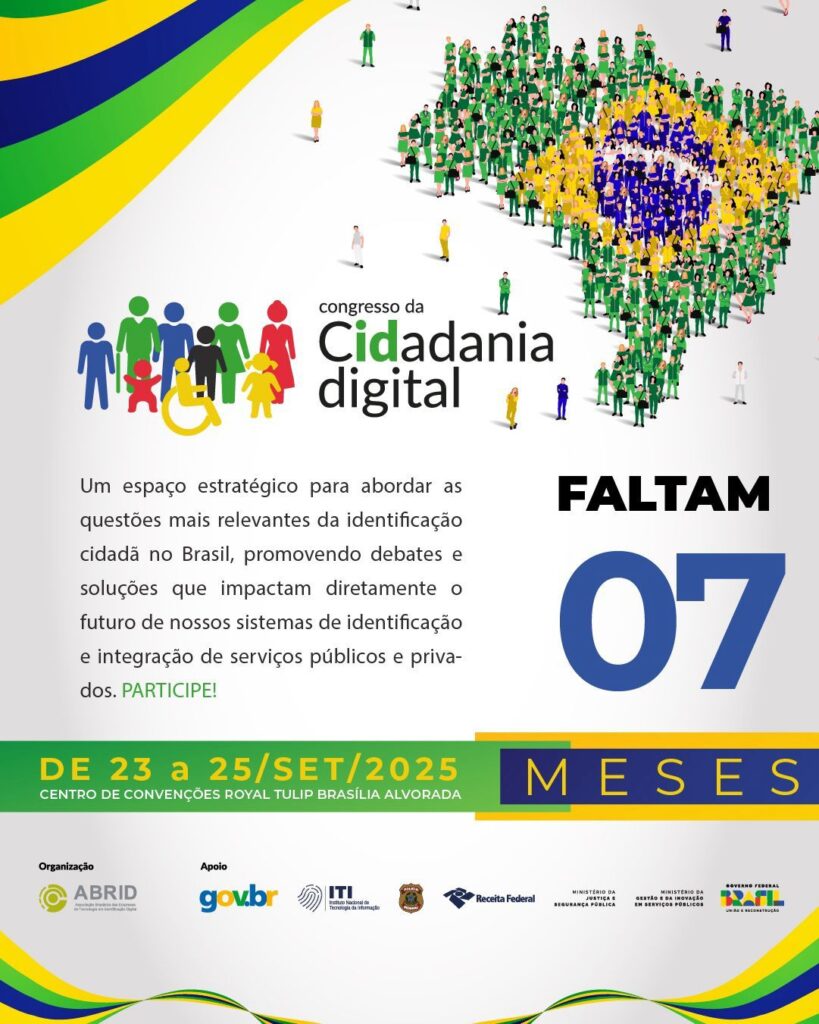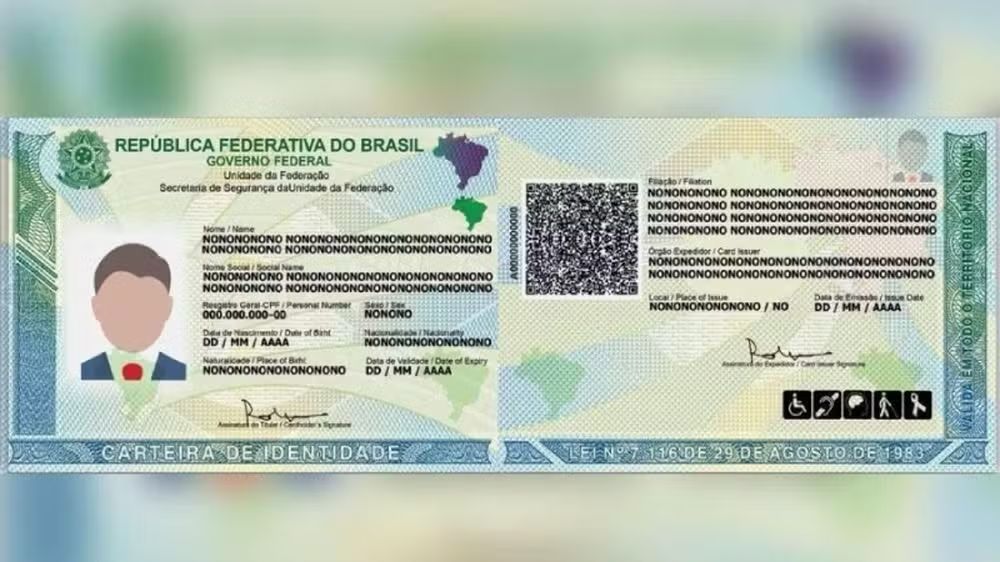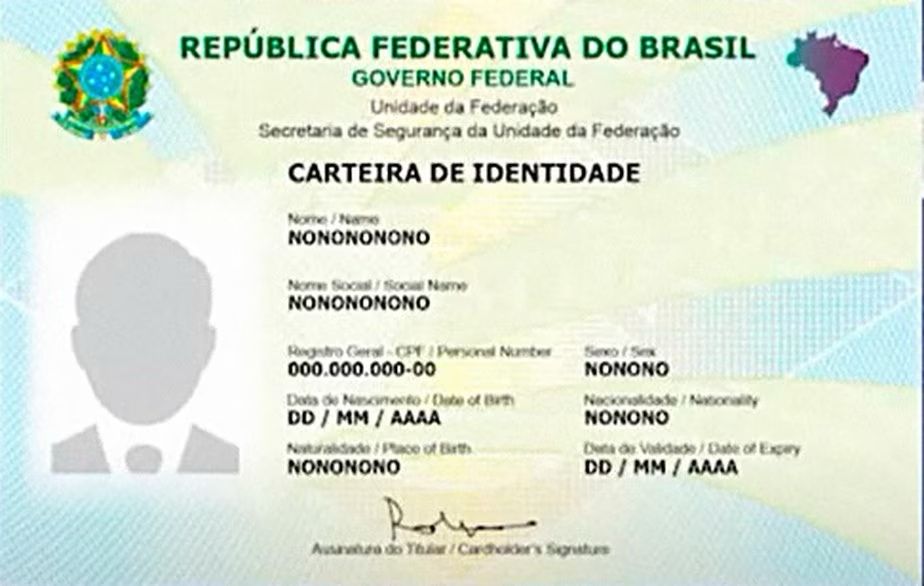7 months to go! The countdown has begun!

The 2025 Digital Citizenship Congress already has a set date: September 24-25, 2025
Neonatal Identification Workshop in Goiás Presents Project for Newborn Safety

The Civil Police of Goiás held the Neonatal Identification Workshop Goiás on the morning of Friday (21).
30% of the population of Piauí has already obtained the new National Identity Card.

More than 1 million people from Piauí already have the CIN, which ensures greater security, integration, and convenience for citizens.
Federal government establishes the CIN Federal Biometric Service

So far, approximately 20.3 million new identity cards have already been issued across Brazil.
Ceremony celebrates Papiloscopist Day and honors identification professionals

Célio Ribeiro, participated today (February 5) in the ceremony honoring Papiloscopist Day at the Federal Senate.
New ID Card Has Lower Fraud Risk Than Old RG and Driver’s License, Study Shows

A survey conducted by Serasa Experian for g1 indicates that the new CIN has a 0.08% chance of being used in scams, compared to 3.8% for other documents.
Minister Lewandowski invites everyone to obtain the new National Identity Card.

The Minister of Justice and Public Security, Ricardo Lewandowski, is now part of the more than 18.3 million Brazilians who have already requested the new National Identity Card (CIN).
National Identity Card Will Protect Citizens Against Fraud, Says Lewandowski

The new document, which has already been issued to over 18.3 million Brazilians, is free of charge and uses the CPF number to unify information across the entire country.
Government aims to accelerate the new National Identity Card, targeting 130 million by 2026

The expectation is that the document replacing the RG, with a unified database, will help enhance business efficiency, reduce fraud, and optimize public policies. Banks will establish a partnership starting in May.
Launch of the 2025 Digital Citizenship Congress

On December 18 and 19, Brasília hosted the official launch of the 2025 Digital Citizenship Congress, now established as the largest event in the field of identification and citizenship in Brazil.

